Category: Science
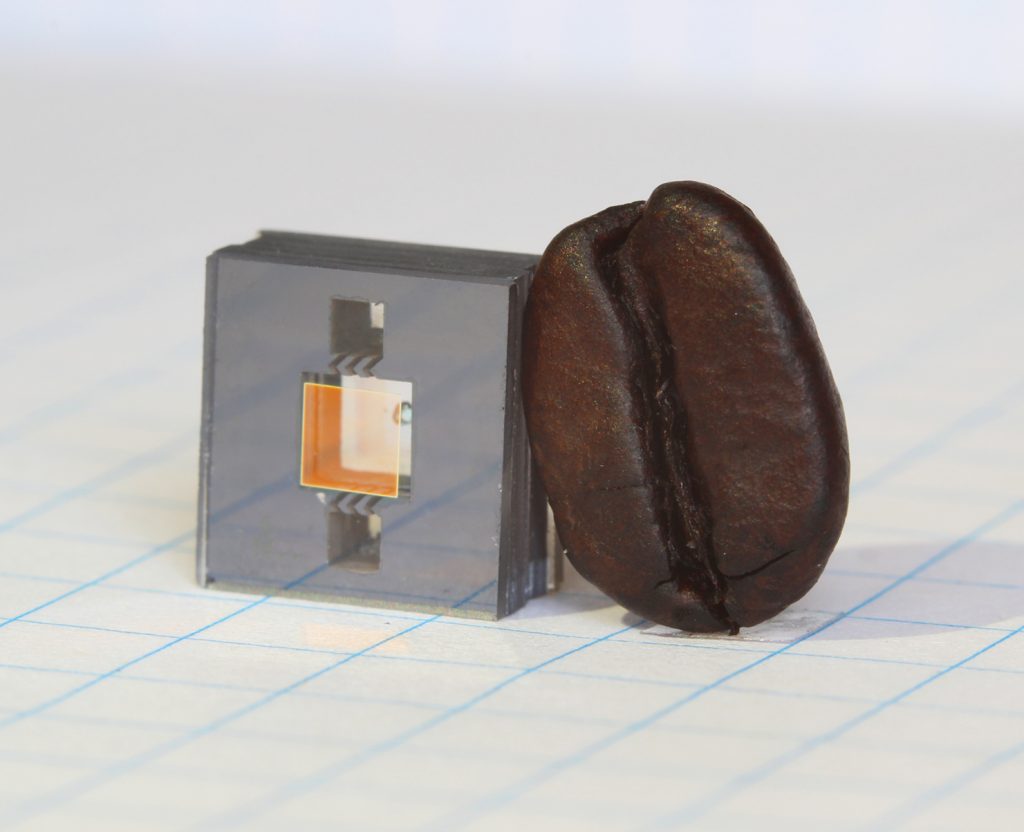
Experimental Next-Generation Chip-Scale Atomic Clock
Physicists at the National Institute of Standards and Technology (NIST) and partners have demonstrated an experimental, next-generation atomic clock—ticking at high “optical” frequencies—that is much smaller than usual, made of just three small chips plus supporting electronics...
Continue Reading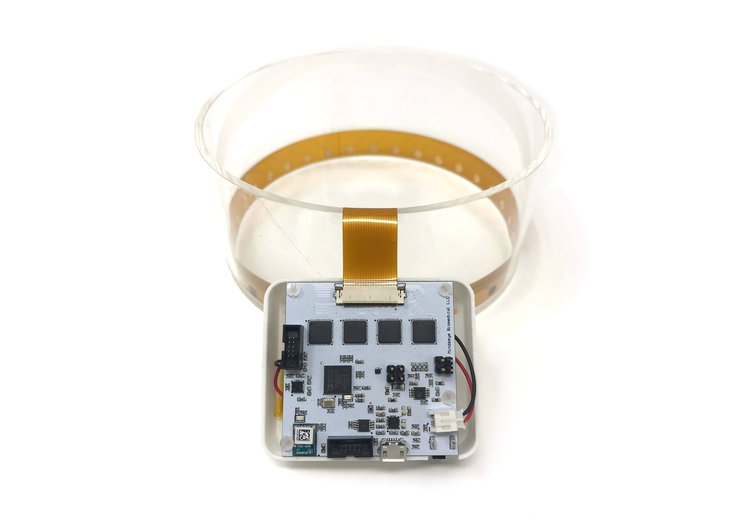
Spectra – Open Source Biomedical Imaging
Spectra brings open source biomedical imaging into the open with a development kit that is both safe and easy to use. It allows hackers and scientists to experiment with one of the technologies used in medical imaging — electrical impedance tomography (EIT). For the first time, anyone...
Continue Reading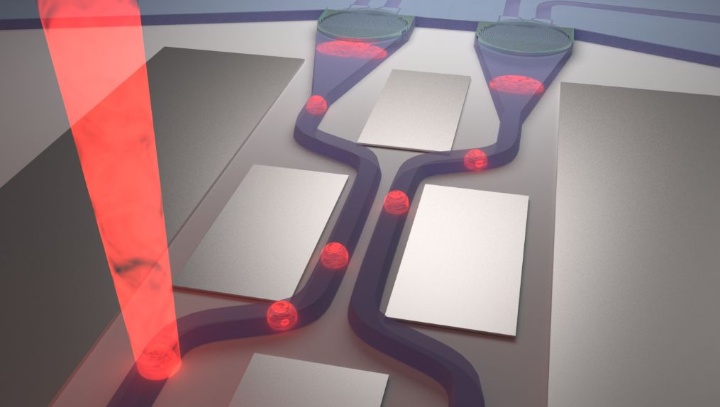
Three quantum computer components integrated on one chip
Scientists at the University of Stuttgart and the KIT succeed in important further development on the way to quantum computers. Quantum computers one day should be able to solve certain computing problems much faster than a classical computer. One of the most promising approaches is...
Continue Reading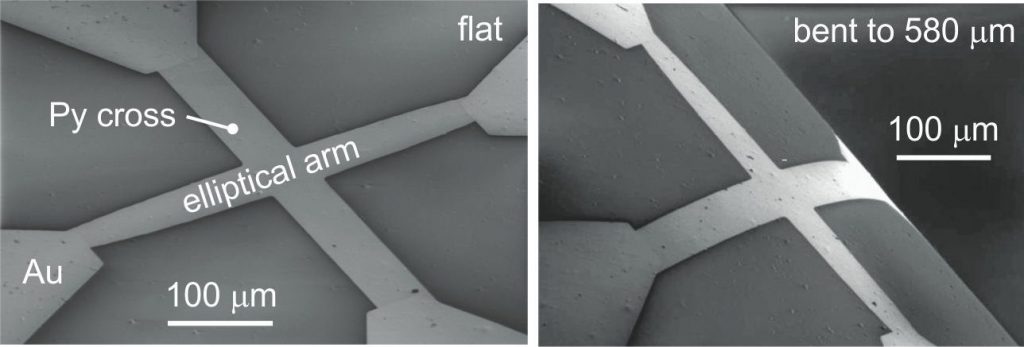
Researchers develop thin sensor to detect magnetic fields down to 200nT
A team of researchers from Germany and Argentina have devised an ultra-thin planar Hall effect (PHE) sensor capable of detecting very faint magnetic fields even when flexed or wrapped around a wire. by Julien Happich @ www.eenewsembedded.com In a paper titled “Highly compliant planar...
Continue Reading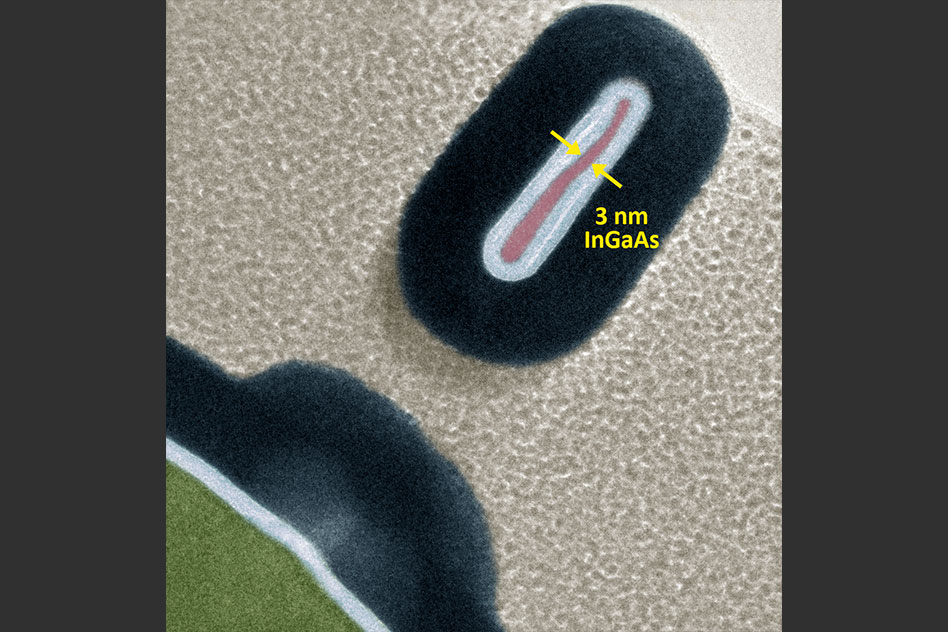
Engineers produce smallest 3-D transistor yet
Process that modifies semiconductor material atom by atom could enable higher-performance electronics. Researchers from MIT and the University of Colorado have fabricated a 3-D transistor that’s less than half the size of today’s smallest commercial models. To do so, they developed...
Continue Reading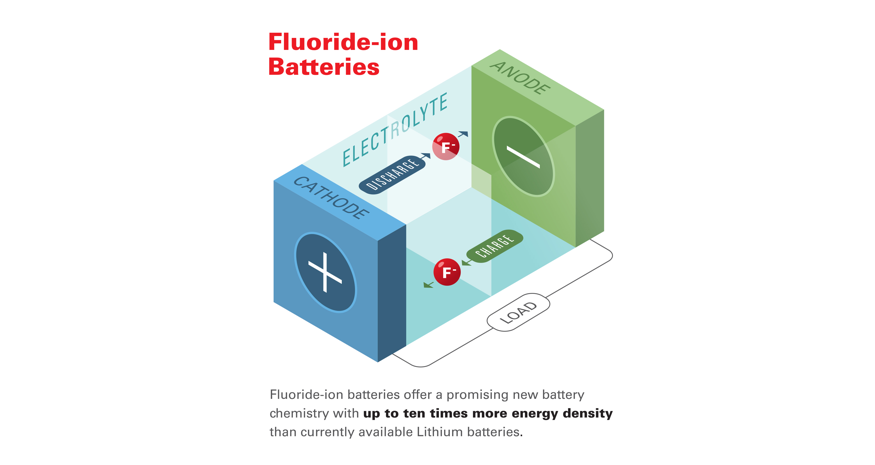
Researchers Develop new Battery chemistry with 10X More Energy Density over Lithium
New co-authored paper demonstrates potential ten-fold energy density increase over existing lithium-ion battery technologies. Scientists from Honda Research Institute have collaborated with researchers at California Institute of Technology (Caltech) and NASA's Jet Propulsion Laboratory...
Continue Reading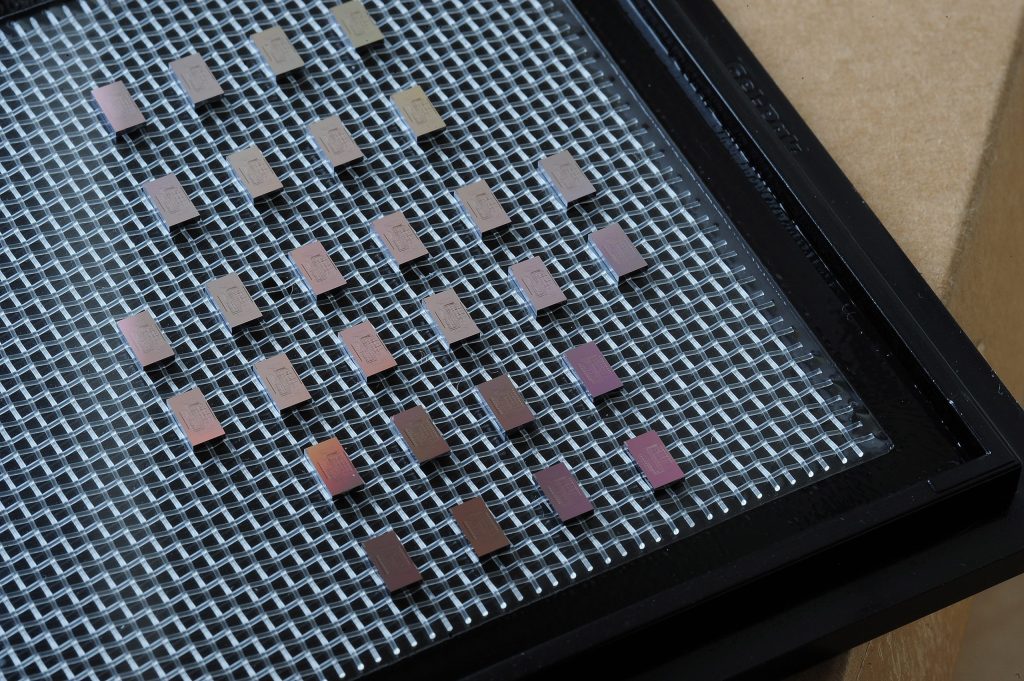
Inexpensive chip-based device may transform spectrometry
Tiny device could replace expensive lab-scale equipment for many applications. Spectrometers — devices that distinguish different wavelengths of light and are used to determine the chemical composition of everything from laboratory materials to distant stars — are large devices...
Continue Reading
The 10 Trillion FPS Camera Captures Light In Slow Motion
Light moving in vacuum is the fastest thing in the universe. Scientists have tried many times before to catch it on the move with some success. This time a new equipment built by Caltech scientists pulls down a mind-blowing 10 trillion frames per second, meaning it can capture light as...
Continue Reading











